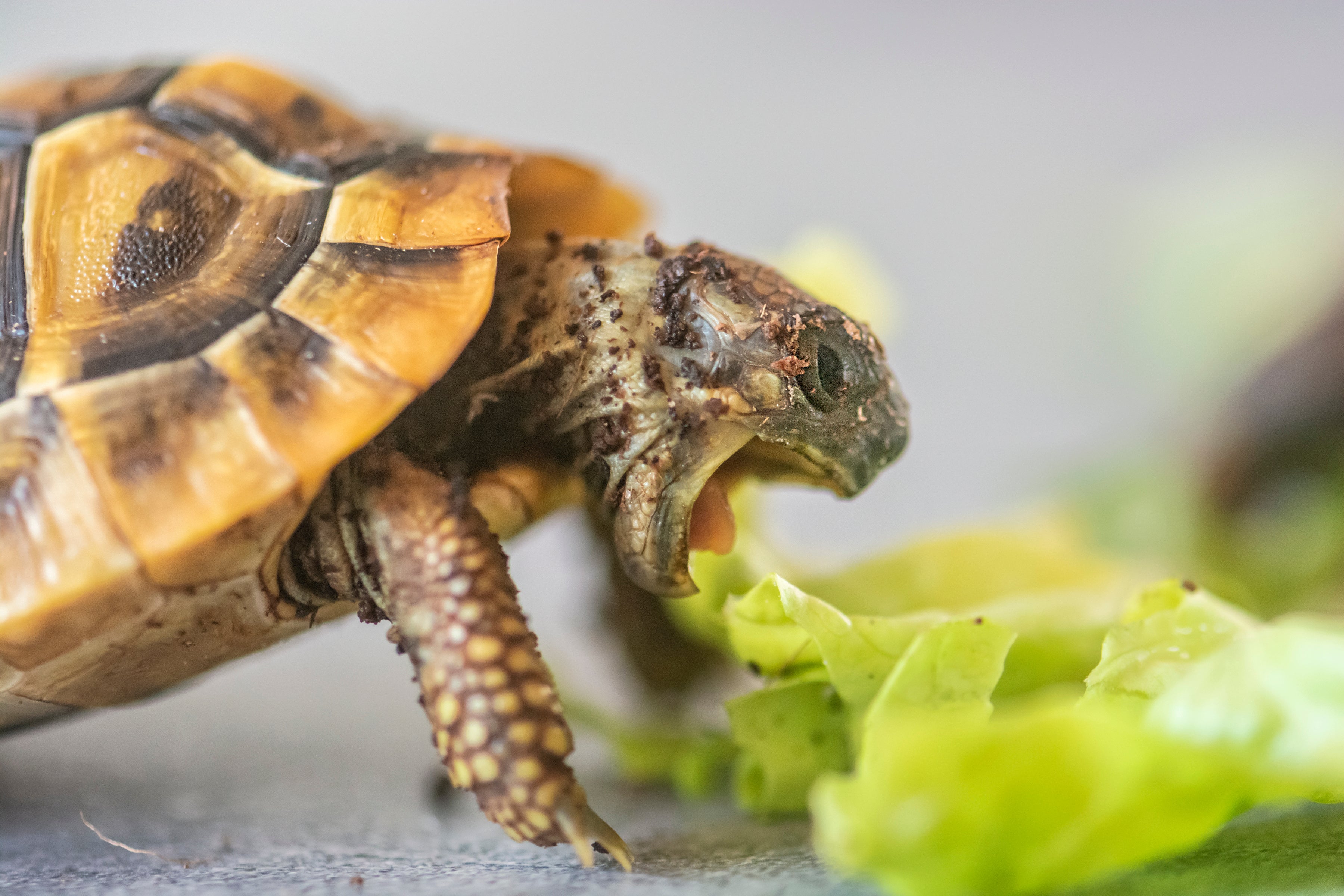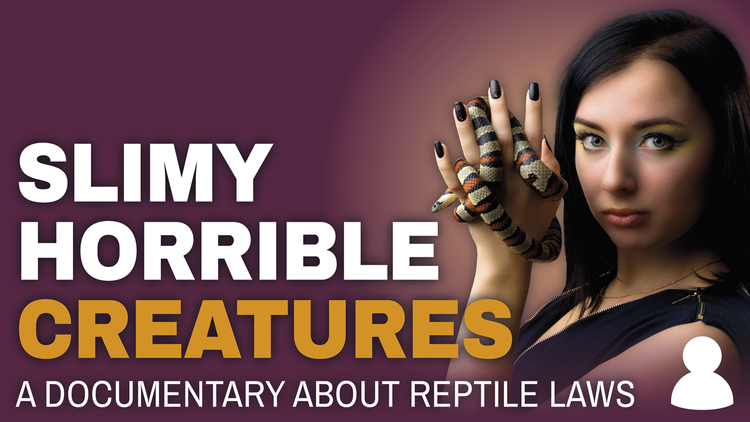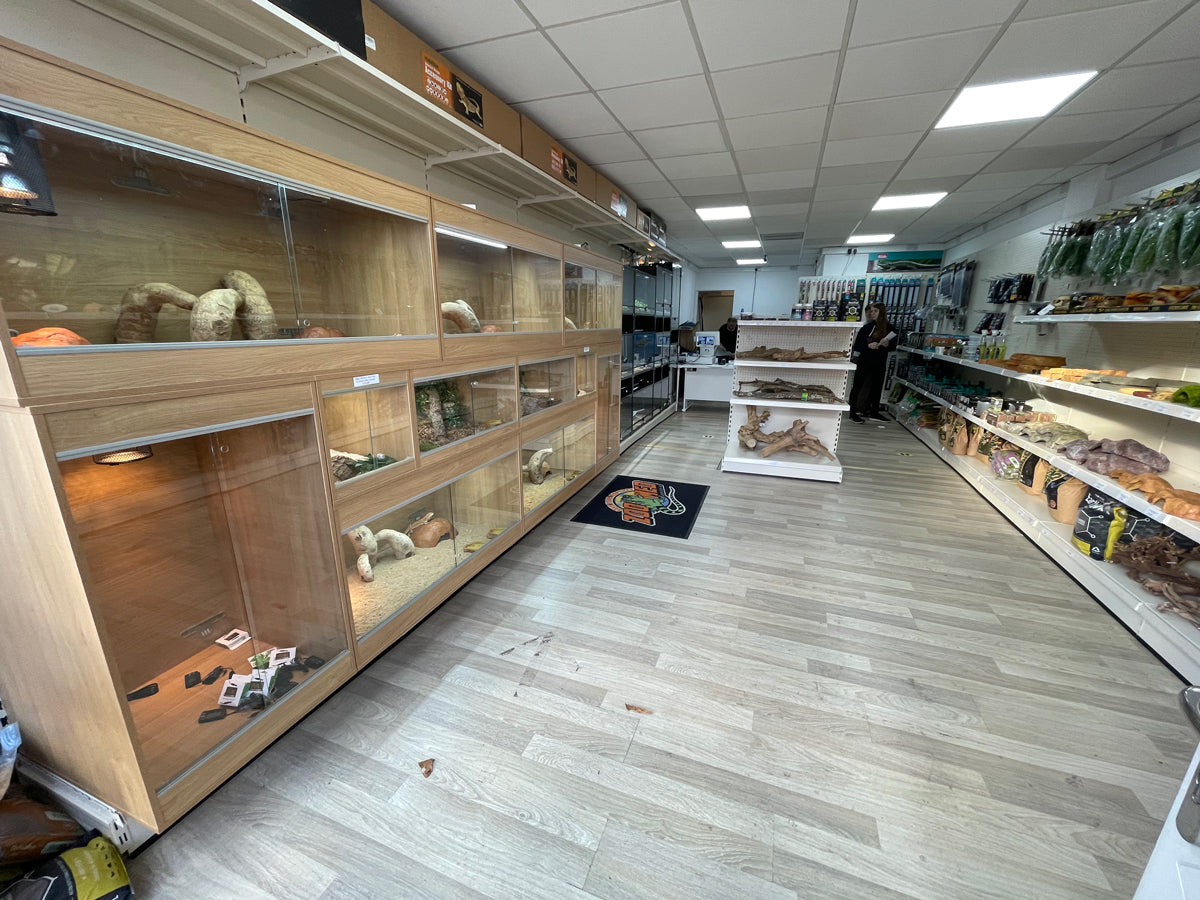Basic Overview
Our Hermann's Tortoise care sheet has all the expert guidance you need to ensure you know how to look after your tortoise.
Hermann's Tortoises (Testudo hermanni) originate in the the Mediterranean and are protected in the wild meaning that they must only ever be sold with a Cities Article 10 certificate confirming they are captive bred.
They can live over 80 years and reach an adult size of around 25cm, are extremely active so require plenty of space to explore and have specialist temperature, lighting and dietary requirements that must be understood if your tortoise is to thrive.
Adult Housing
Tortoises need space and in most cases a vivarium is simply not enough. The current RSPCA guidelines state that an indoor enclosure measuring 180cm x 120cm plus an outdoor enclosure of around 10m2 is adequate for an adult... in practice that means an outdoor heated shed, custom indoor enclosure plus a secure grazing area for warm days will need to be supplied
In our experience tortoises make the most of all the space they are afforded so although they are relatively slow growing you should always plan ahead and never purchase a baby tortoise without being aware of future requirements.
Juvenile Housing
Baby or Juvenile Tortoises can be kept in either table or vivarium setups - although tables are only really suitable in homes or rooms that maintain a fairly consistent and warm background temperature.
We would recommend purchasing as large an enclosure as possible from the outset such as the Monkfield Tortoise Table which will promote natural behaviour, allow for a good temperature gradient and save you money by extending the useful life of the tortoises home for as long as possible.
Tables vs Vivariums
Tortoise tables allow for good airflow and are often marketed as the budget option as they allow for the use of unregulated (none thermostatted) all in one (MVB) light bulbs as a sole source of heat and UV.
A vivarium will allow for much better regulation of heat and the easier installation of good quality equipment such as T5 lighting and a separate basking bulb controlled by a thermostat.
You can find out more about the benefits and disadvantages of both type of enclosure here.
Heating
A temperature gradient including a basking spot sitting at around 32C (30-35C) and background temps in their low to mid 20s will replicate the temperatures your Hermann's tortoise would experience in the wild.
This is relatively easily accomplished by using a basking spot bulb installed in a quality heat proof ceramic fitting and controlled by a dimming thermostat. You will be able to precisely control the temperature using the the thermostat and monitor it with a good quality digital thermometer. If using a vivarium there are a number of fittings which securely screw into the roof of the vivarium, if using an open setup a reflective dome fitting will help ensure that the heat is projected to the basking area
If using a table is is common practice to use an all in one Mercury Vapour Bulb (MVB) installed in a dome to provide heat and UV. It should be noted that these can NOT be used in conjunction with a thermostat so must be carefully monitored and adjusted up and down to maintain the ideal basking temperature for your tortoise.
Your responsibilities
Our Hermann's Tortoise care sheet is designed to offer a basic overview and instant reference point to many of the most common questions related to care and setups. There is often more than one method to achieve the same results and they should be read in conjunction with other research, professional advice and subsequent developments in knowledge and research.
As a pet owner you are legally responsible to ensure that any animal under your care is properly cared for, your obligations are to provide:
- Freedom from hunger or thirst by ready access to fresh water and a diet to maintain full health and vigour
- Freedom from discomfort by providing an appropriate environment including shelter and a comfortable resting area
- Freedom from pain, injury or disease by prevention or rapid diagnosis and treatment
- Freedom to express (most) normal behaviour by providing sufficient space, proper facilities and company of the animal's own kind
- Freedom from fear and distress by ensuring conditions and treatment which avoid mental suffering
If in doubt always be sure to seek immediate professional and/or veterinary advice.
If you have other reptiles as pets, be sure to check out our other care sheets, including Bearded Dragon, Leopard Gecko, Hognose Snake, Giant African Land Snail, Crested Gecko & Corn Snake



